Background
The Young Southeast Asian Leaders Initiative Professional Fellows Programme (YSEALI PFP) is a fully-funded exchange programme sponsored by the U.S. Department of State’s Bureau of Educational and Cultural Affairs. The programme’s theme of Sustainable Development & the Environment is administered by the International City/County Management Association (ICMA), the leading organisation of local government professionals dedicated to creating and sustaining thriving communities around the world.
Plans for the 2020 batch of YSEALI Professional Fellows were disrupted by the Covid-19 pandemic. While we attended virtual lectures related to our theme, many of us were disappointed by the inability to participate in the in-person exchange in the USA. Eventually, we were informed that we had two options: to either wait for a shortened version of an in-person programme, or to re-apply to another batch of YSEALI PFP. While some chose to reapply, I did not want to go through the work of submitting another application.
In March 2023, those who remained in the 2020 YSEALI batch were finally informed that the in-person programme – a two-week study tour – would take place in July 2023. ICMA organized virtual pre-departure orientations and instructed us on how to obtain our J-1 exchange visas. Our batch of 32 remaining Fellows were to convene in Washington, D.C.. We would then split into two groups, each visiting two cities related to our areas of interest. I was allocated to the group visiting Rochester, Minnesota, and Dubuque, Iowa. When I learnt that Dubuque was known for its efforts in sustainable agriculture, I told myself that this was an opportunity that I wanted to hold onto.

Locations of the two cities of Rochester, Minnesota, and Dubuque, Iowa, in the United States of America. (Source: Google Earth)
Getting to know Southeast Asia – better
Before the trip, I thought I knew Southeast Asia fairly well enough. Yet nothing compares to having a full-day’s schedule for two straight weeks with other Fellows from Southeast Asia – wonderful people who are positive and, being true to the virtues of leadership, watch out and care for one another.
When we missed our connecting flight in San Francisco, I felt pretty at home being straned with people from Vietnam and Laos. After all, I had done some work in these countries before and felt pretty familiar with their backgrounds – Vietnam being an up-and-coming vibrant nation and Laos, with its difficult socioeconomic circumstances. It even turned out that Sittiphone and Thin each have mutual friends with me! But it seemed like my Vietnamese and Lao colleagues were more familiar with the Burmese situation than I was. As I listened in to their conversations with Olive, I got more curious and subsequently I was able to learn, through a conversation with Olive on our four-hour bus ride from Rochester to Dubuque, more about the extremely heartbreaking and tricky political circumstances facing the Burmese. For example, all schools are closed, and the northern half of the country has no telecommunication. The civil strife is fueled a certain powerful neighbour’s interest in laying a gas pipeline across the north. In comparison, the political peace and its affordances that we have in Singapore is a true luxury.
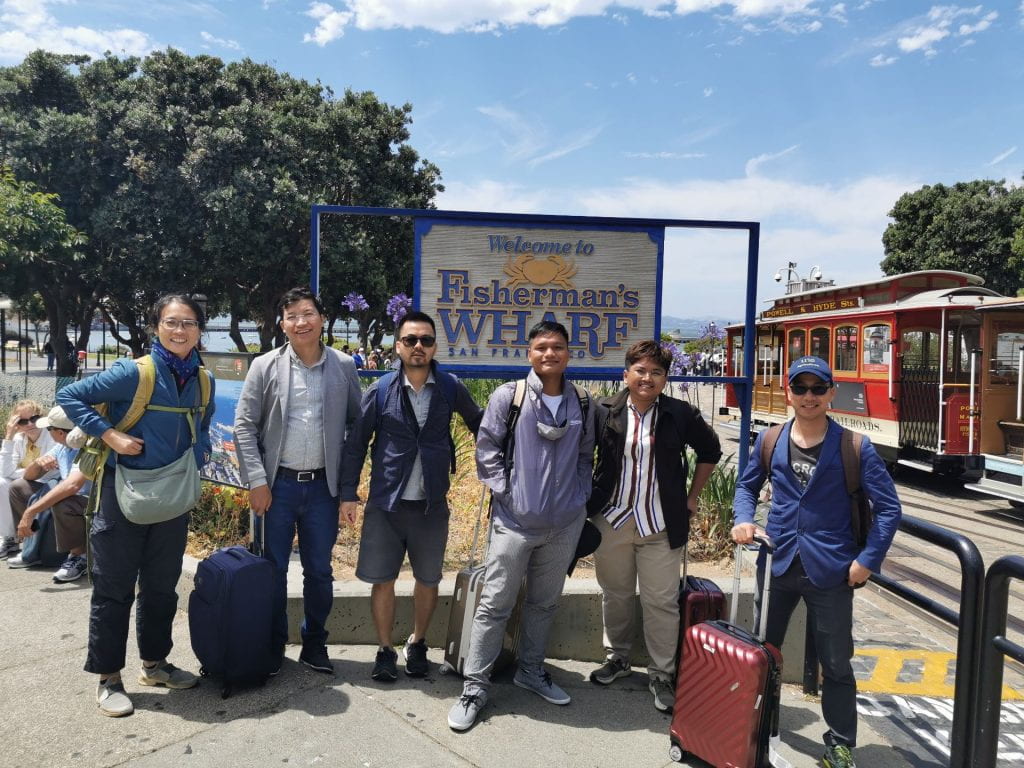
Very jetlagged and with our carry-on luggages in tow, but no better way to miss a connecting flight than with five other young Southeast Asian leaders.
When we went sightseeing on our last day in Washington, D.C., I could not help thinking how unlikely the chances were of one Lao and one Vietnamese walking through the Vietnam War Memorial together (the Vietnam War is known as the Secret War in the Lao PDR):
Through Ricky and subsequently Julio, I learnt about Timor Leste, the new Southeast Asian nation that is so eager to grow. At Q&A with our speakers, Ricky always thoughtfully asked what lessons could be brought back to his country. As he was going to take on a role in developing business investments in his country, he also asked how more businesses could be attracted to Timor Leste. As Wei Xuan pointed out, it is quite likely that some of the Fellows will become leaders of their countries in the future. Ricky and Julio are clear examples, but there are also others whose paths are already destined (Thailand’s Manno, who was always looking out for lessons he could apply to Phuket) or who are just so brilliant and passionate in what they do (Truong, Mark, Virly, Monalisa, Sittiphone, Mentari – just to name a few from our group).
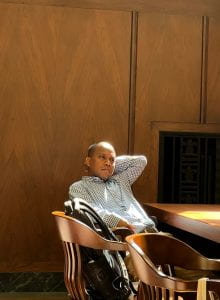
Ricky from Timor Leste looking extremely thoughtful during a presentation by the Office of Shared Prosperity & Neighbourhood Support at the Dubuque City Council Chambers.
Reacquainting with USA – and more
Fifteen years ago in 2008, I spent two semesters at the University of Virginia. Subsequently, I came back for a short visit to the east coast in 2010, but since then I learnt the most about the USA through the media.
This trip reminded me of some of the values that I had been exposed to, but had somehow been buried in my psyche when I tried to conform in the Singapore public service. Speaking up, and striving. Perhaps these are associated with the uniquely American libertarian values, and I was glad that they still existed in the individuals we met the and cities we visited, despite the negative media coverage in almost the past decade. But more fundamentally they are associated with the idea of human rights, and what it is to flourish as a human being.
We were also pleasantly surprised by the emphasis on allowing for discursive spaces. During our study trip, there was plenty of time for questions and discussion (it helped that we were also a curious group). We were initially taken aback by the informality of some presentations, e.g. speakers not using any visual aids. But we soon learnt that the quality of the discussions was more important than their presentation.

A tour of Dubuque Rescue Mission garden, which supplies fresh vegetables for providing free meals to homeless men in the city.
When I was an undergraduate student in the east coast of the USA fifteen years ago, I was a little frightened by the rough and somewhat unfriendly nature of some of my interactions outside of the university setting. For example, in Washington DC’s Chinatown, I had witnessed how someone had taken a dagger out of a shop’s shelf and walked out right past the shopkeeper, without paying. When I travelled along the east coast between Virginia and New York City, service staff often seemed surly. My experience this time helped to correct that perspective. When we missed our connection in San Francisco, two young staff from United Airlines went out of their way to help us. The airline staff also tried to be cheerful and supportive of each other, when faced with a tricky customer. People were generally helpful, polite and cheerful. The same could be said of the two small cities we visited in the Midwest. I am glad to have a glimpse of the diversity of the USA.
Cindy, the assistant city manager of Rochester, made sure to welcome us well. She was very excited to have us, having hosted other Fellows under the 6-week exchange programme, including Soy (a fellow PhD-friend – what a small world!). Lauren, Rochester’s sustainability coordinator, made sure we learnt as much about the city’s sustainability initiatives in the three days we were there. We were very tired, and after the farewell dinner party at Cindy’s home, I was falling asleep on the couch while waiting for the ride back to our hotel. But it was a most beautiful experience of an American home and of American hospitality.
Having previously worked as Dubuque’s assistant city manager, Cindy was excited to make sure our experience at Dubuque was its best. She arranged for us to visit the Mississippi Museum on Sunday morning and, knowing that Olive is interested in art, arranged an optional visit to the Dubuque art museum. Cory, Cindy’s successor, also made sure our learning experience was the best, but there was more a learning-by-doing component – we learnt less through lectures but by interacting with other city residents, site visits, and experiencing life (a concert at the Dubuque Arboretum and a county fair).
I was very impressed to see so many examples of active ageing in Dubuque. The city manager, for example, wakes up at 4am every morning to walk 10km. The Arboretum is largely volunteer-run, and many volunteers are elderly retirees. The members of the Sister City Commission are seniors who meet and host visitors like us. On our final night in Dubuque, Phyllis, one of the members of the Sister City Commission, came all the way to our hotel to ask us to pass a gift to a Singaporean YSEALI Fellow whom she had hosted several years back.
Another personal takeaway from the trip was the amount of dietary fiber in the food. My Vietnamese and Lao friend felt that there wasn’t enough vegetables, but it was really a lot to me! I subsequently found out that Singaporeans consume less than half of the recommended daily dietary fiber intake. Food for thought on bowel health.
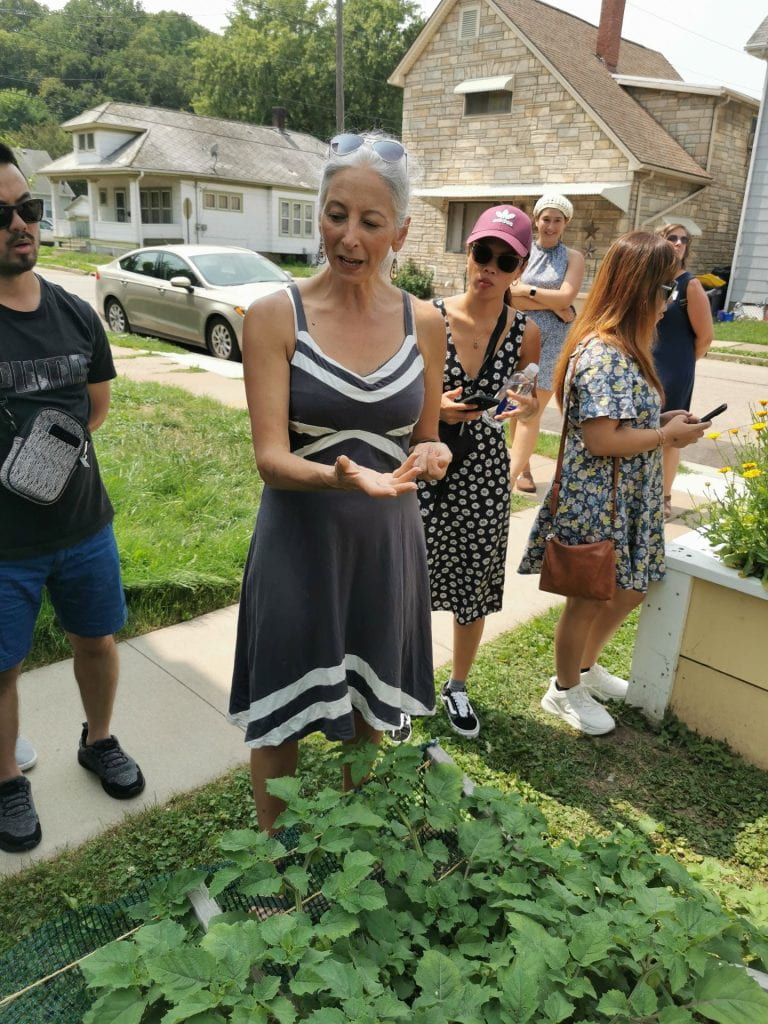
A tour of the social enterprise Convivium’s neighbouhood gardens, where fresh vegetables are grown to tackle the situation of the area being a ‘food desert’, i.e. where residents have limited access to fresh foods.
When we reconvened in Washington D.C. at the end of the study tour, many Fellows were excited to take photos at major landmarks like the Capitol Hill building and the White House. I did not feel a similar level of excitement, but obliged to follow Paul and Thin on the last evening. Thin reminded me, however, that we had to make the most of our time. We may take another 15 years to visit the USA again, or maybe not ever. This congregation of events and people was indeed a once-in-a-lifetime experience to cherish.
Professional takeaways
The talks and the site visits were not immediately useful for my current work as a Research Fellow, and I felt that there would be more professional congruence for my work in the Centre for Liveable Cities ten years ago. Nonetheless I kept an open mind to learn as much as I could. After all, as the ICMA organisers had explained, it was impossible to organize a study trip catered to only one person’s interest. We reflected that although our experience was more touch-and-go than a 6-week immersion in one host community, we covered a lot more breadth within a shorter timeframe. I also shared some interesting takeaways with my former colleagues in PUB. These included the: Bee Branch flood mitigation project in Dubuque, and Rochester’s efforts to engage the public about sewer maintenance.

A “sponge-poo-poo” stress ball distributed to members of the public to remind them that only 3Ps – pee, poo and paper – go into the sewer; and a small but useful household tool to scrape the oil and grease on cooking pans into the bin instead of into the sewer system.
I loved learning about Rochester’s policy of in-filling in their city planning to prevent urban sprawl, and also how aware the planning team was about addressing social inequities through their work. (There is even a environmental justice census tract to help them with their planning!) Their explanation about how the Upper Midwest relies of a very robust aquifer for drinking water, but that Southern states wanted to draw from this aquifer, was fascinating from a transboundary governance perspective. So were the narratives about how the cities were doing their best to mitigate stormwater pollution, despite the less-than-valiant efforts of big agriculture. I also think that the Mississippi River offers the world a fascinating story about transboundary river management – it has a total of 29 lock-and-dam structures and, unfortunately, a dead zone at its outlet. The difference from Southeast Asia is that the states that the Mississippi flows through are under one federal government.

Making participation work: A very insightful presentation about Rochester’s Community Co-design to ensure social equity and inclusiveness in urban planning.
My most professionally-relevant takeaway was a profound insight – though perhaps not new to other researchers – about carbon credits. In both Rochester and Dubuque, I asked whether the sales of carbon credits was under consideration, and the answers were mainly negative. Yet in our group, Monalisa is working through Fairventures to encourage farmers in her hometown of Kalimantan to plant trees for carbon credits. This juxtaposition raised an intriguing thought pertaining to climate justice – Why aren’t the more well-to-do so keen to sell carbon credits? – and perhaps more specifically the lure of money – Why aren’t the more well-to-do being asked to sell carbon credits? To be fair, though, Monalisa shared that it was challenging to convince the farmers, and there are some nature-based projects in Europe and USA that can be invested through carbon credits.
Personal growth
As all mothers can attest to, becoming a mother transforms one’s identity. Adding to that was the isolation whilst completing a PhD thesis during Covid-19. While I tried to engage with others through social media, I did have doubts about my self-worth. Starting my new position as a Research Fellow and meeting encouraging colleagues in April 2023 helped with my self-confidence, but the YSEALI study tour was the antidote I needed. When I saw other Fellows take pride in their status as a YSEALI Fellow, I likewise felt proud of being a YSEALI Fellow. When I noticed how they looked to me to ask questions and how they commented that I had a PhD, I felt reaffirmed. There can be many more successful people around in academia, but I now feel more confident in speaking up and facilitating meetings.
It was also an honour to meet Gina, the sustainability coordinator of Dubuque. She was a sceptic, a fighter and a mother – all in one person. Since starting the ‘SG Parents for Climate Action’ Instagram page, I heard many stories about other mothers who wanted to improve the living environment for their children. It was really a dream come true to meet someone like Gina. I come back being inspired to do more to safeguard the environmental future of the next generation.
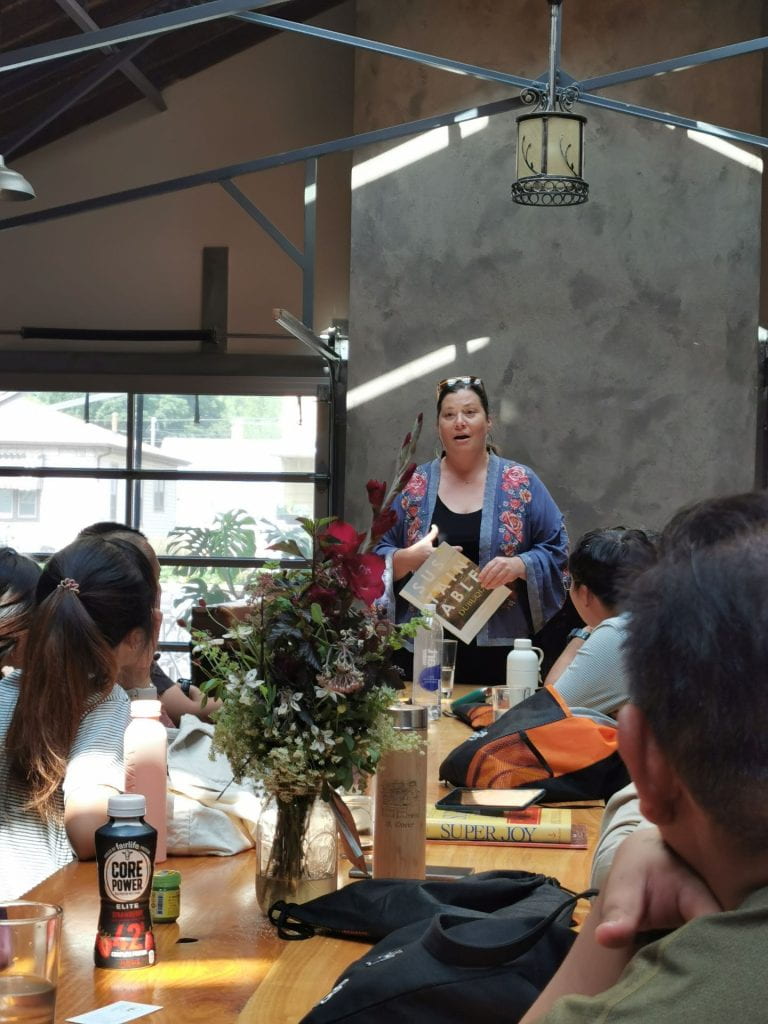
Gina, the sustainability coordinator of Dubuque, sharing with us about her work and the challenges in safeguarding a healthy environment for her children.
From being pregnant while being interviewed for the YSEALI PFP to now being able to offload the caregiving duties to others because my son is now old enough, this YSEALI study tour was really, for me, at the right time and of the right duration.
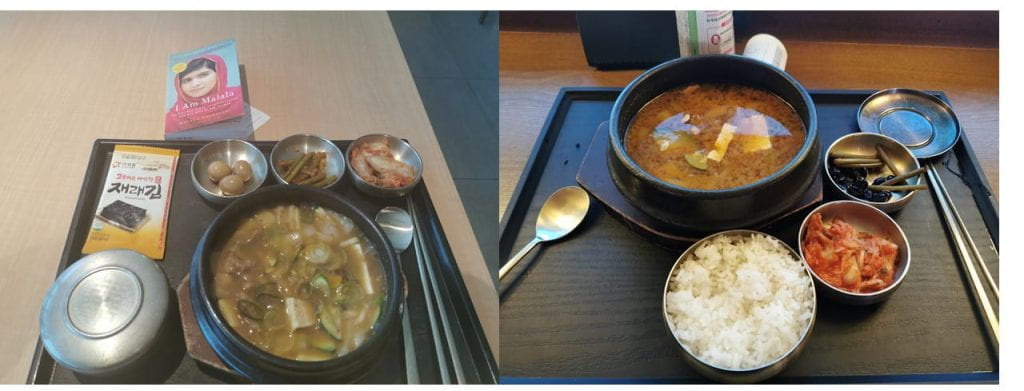
Transiting at the Incheon Airport. One the left is a photo of a meal I had in May 2020, travelling from Laos to Singapore and about 10-week pregnant. On the right is a meal in July 2023, travelling from Washington, D.C. to Singapore and 2 years 8 months postpartum.
Conclusion
I’m really grateful to those who encouraged me to participate in the YSEALI study tour – especially Michelle and Haswani – given that I was considering withdrawing when our flight tickets had not been booked 1.5 weeks prior to our trip. I’m also really thankful to those at home who took over the childcare responsibilities: my husband, my parents and Yulis, and my parent-in-laws and sister-in-law. It was really a good break from the daily grind of washing, cleaning up, negotiating boundaries, chasing after… and well, all things associated with caring for a toddler.
The YSEALI trip may be an exercise of American soft power, and amidst the ever-growing China-US tensions, could be looked upon with a suspicious eye. But Tony, ICMA’s Senior Programme Manager and YSEALI coordinator, once explained that it is more important to look beyond the geopolitics and to focus on our shared humanity. As I joked with Tony when he visited Singapore last year, despite different ethnicities and culture, there is a certain universality in the challenges of getting children to use the toilet and to eat healthily.

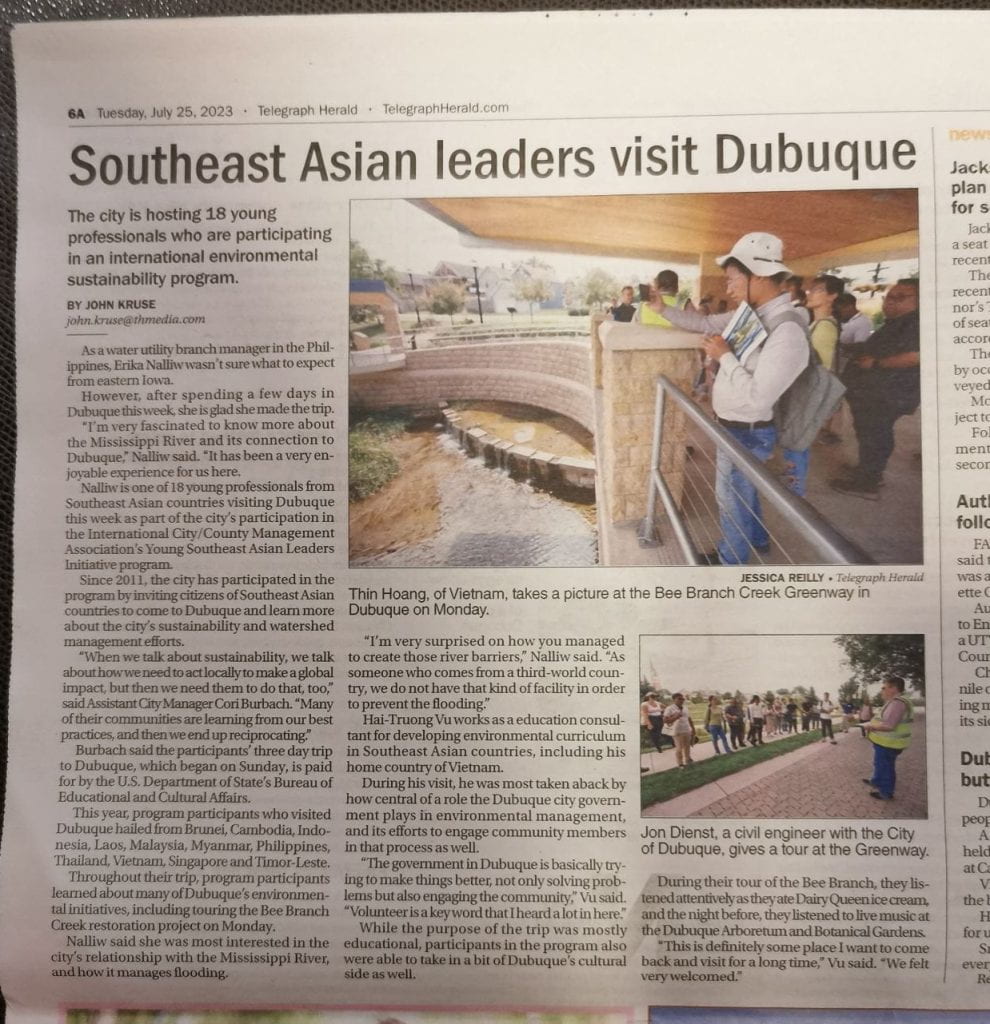
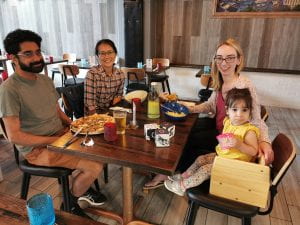

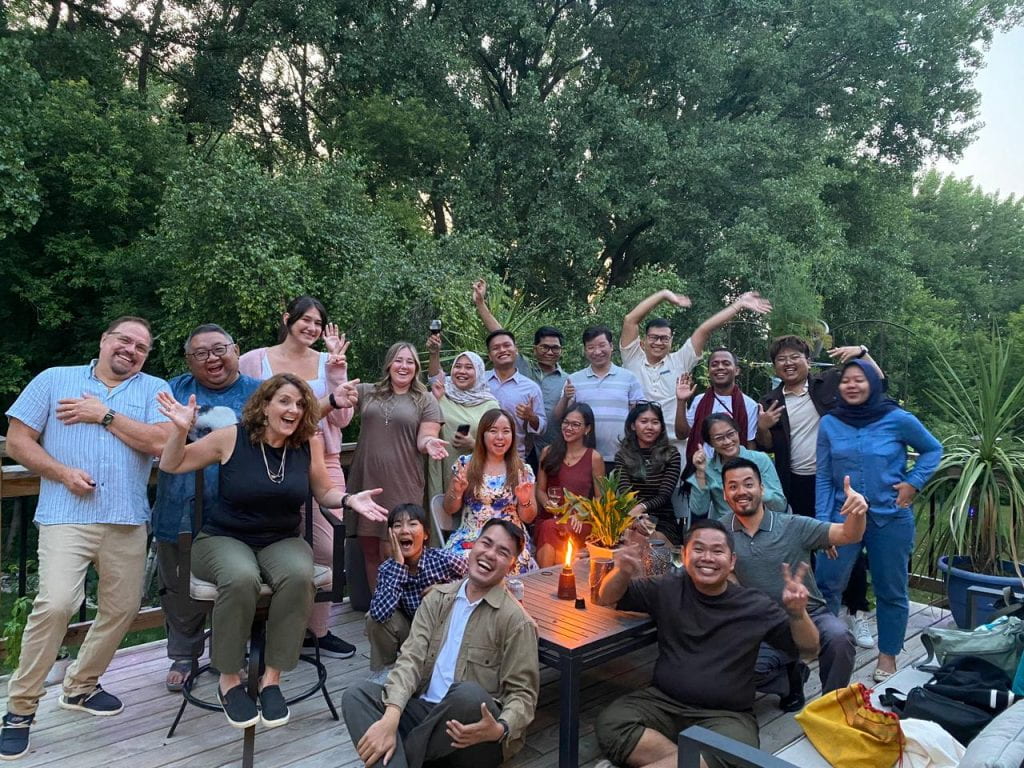
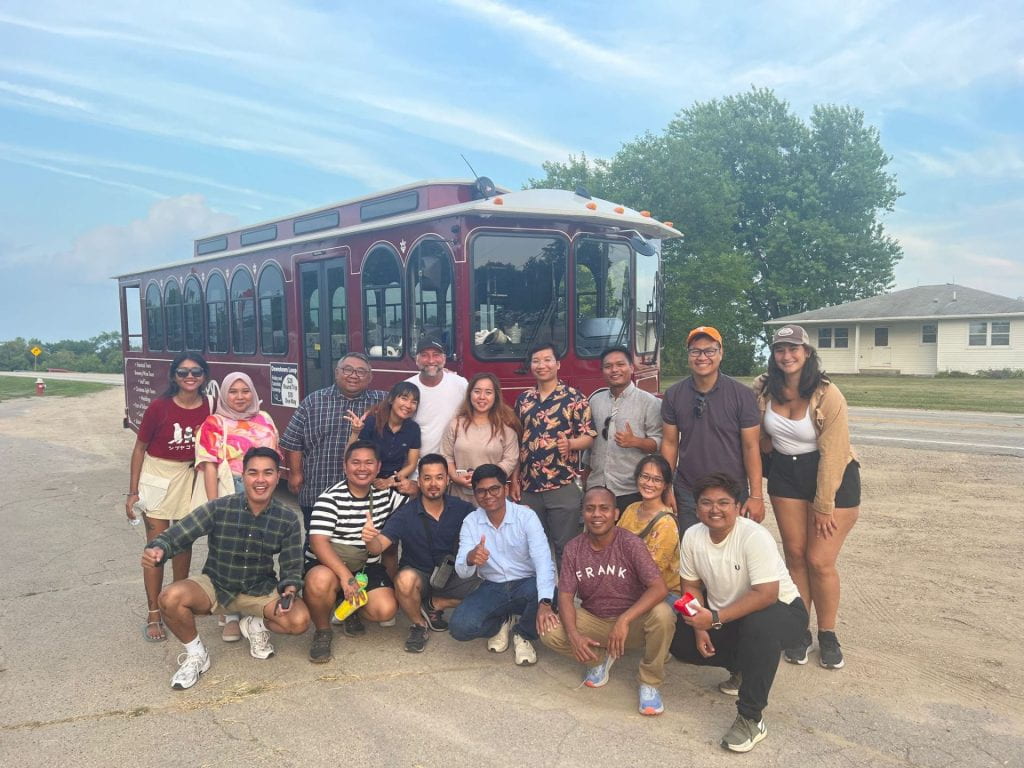
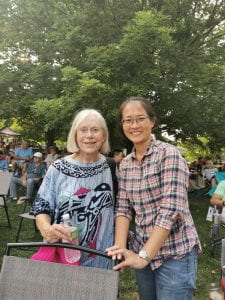

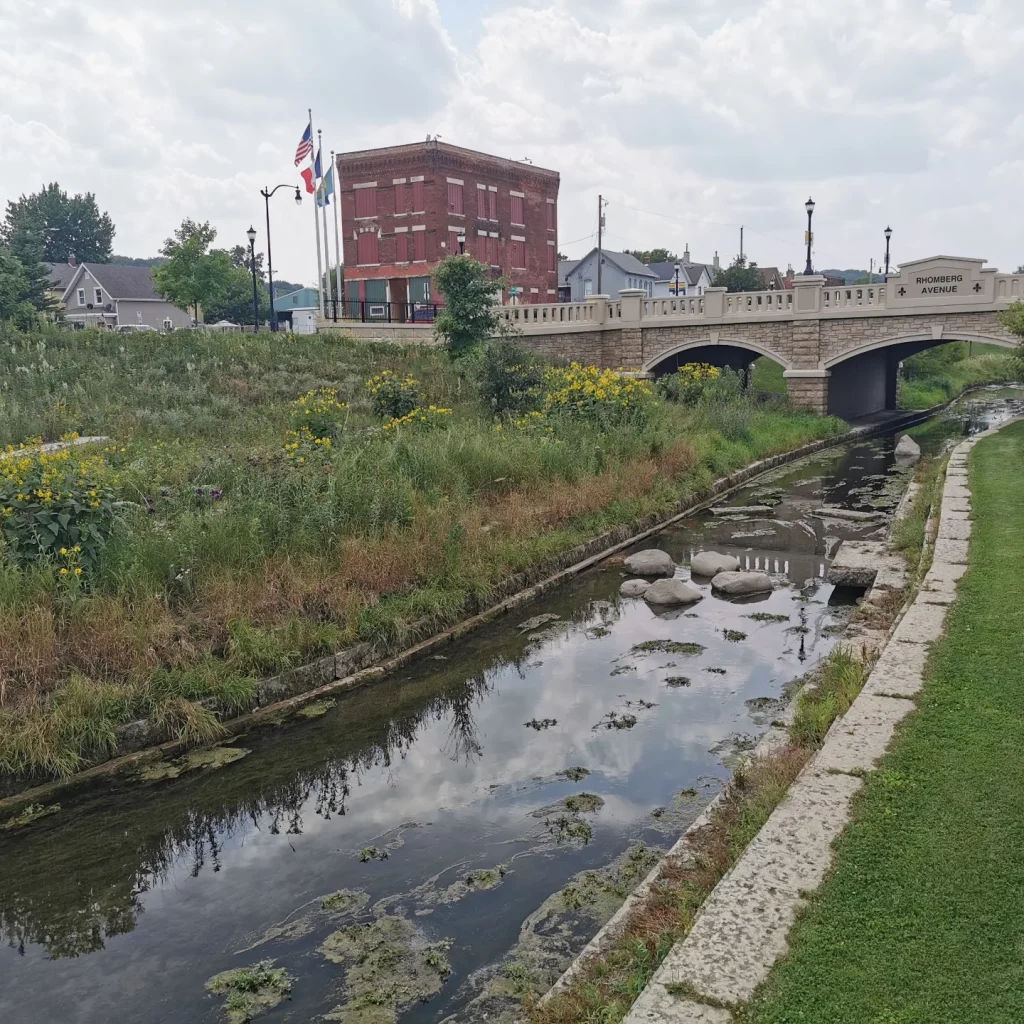

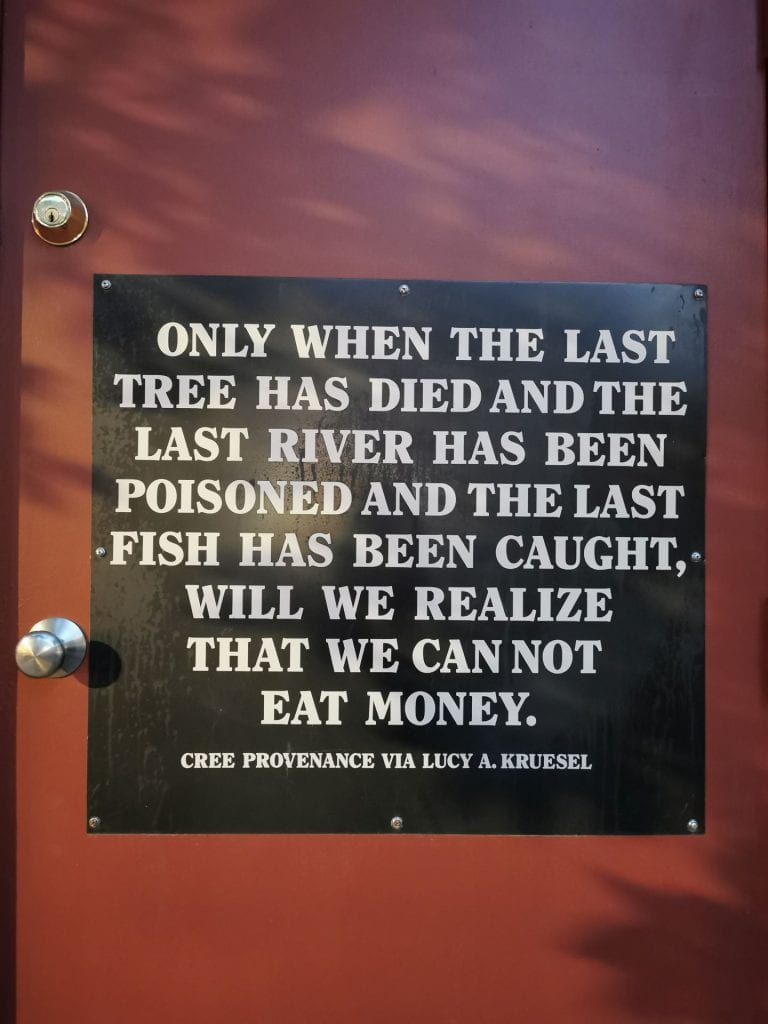
Recent Comments